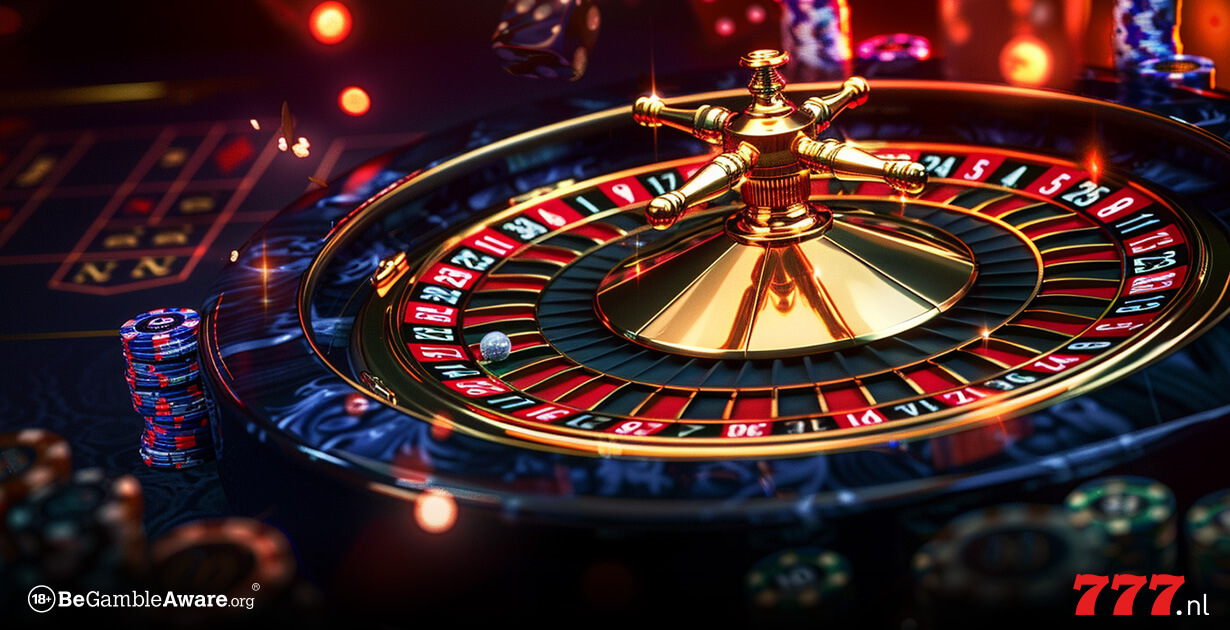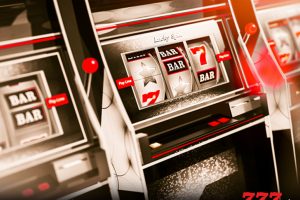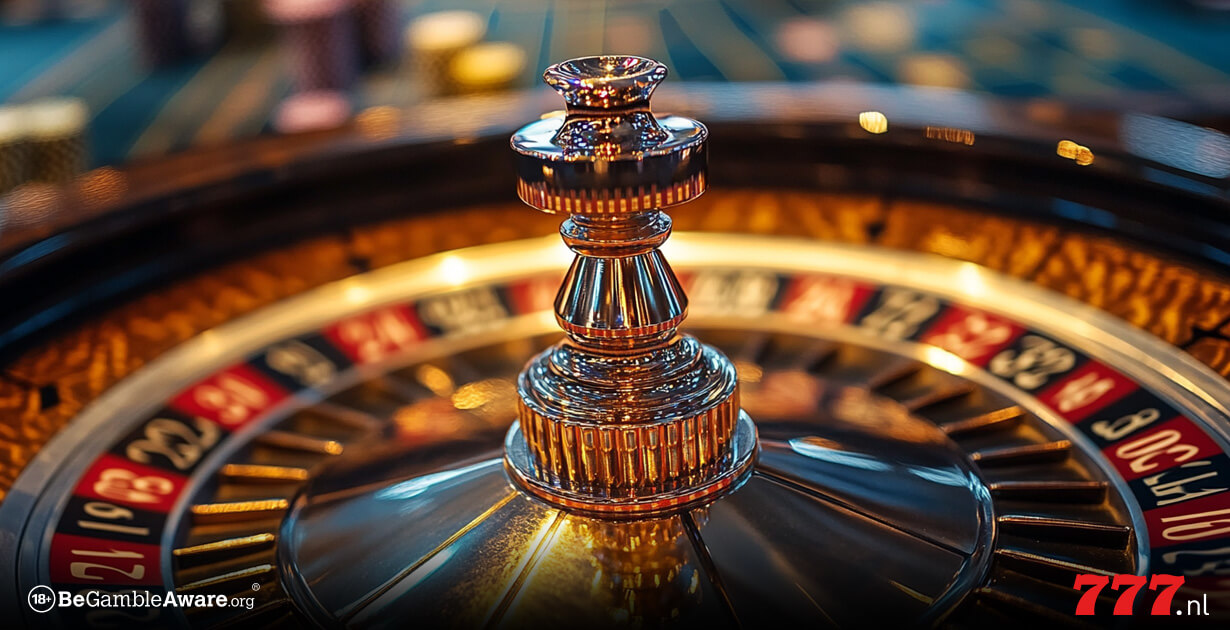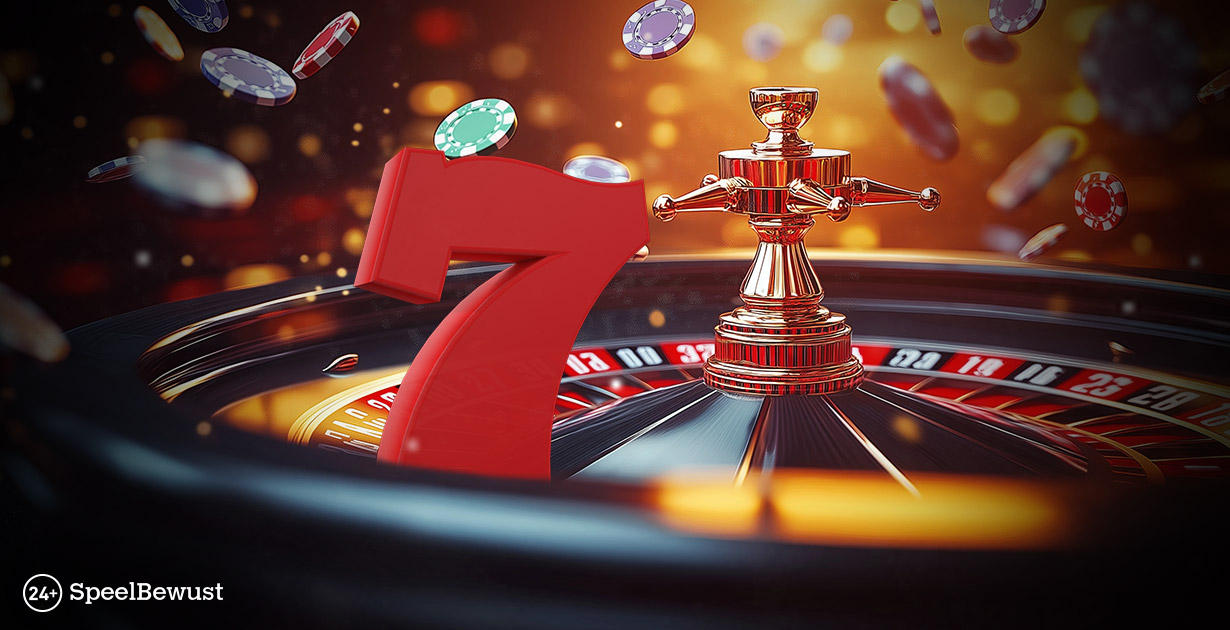The roulette wheel is an iconic symbol of the casino and one of the most fascinating aspects of the game of roulette. Players in the Netherlands and around the world are drawn to the excitement and luck that spinning the roulette wheel brings. But what makes this wheel so special? In this blog, we delve deeper into the history, structure, and operation of the roulette wheel.
The Typical Characteristics
A standard roulette wheel has 37 pockets in European and French roulette, and 38 pockets in American roulette. These pockets are numbered from 1 to 36 and are alternately red and black, with a green zero in the European and French versions and an additional green double zero in the American version. The red and black colours provide a visual contrast that makes it easier for players to place their bets and follow the outcomes.
Colours and Meanings
The colours on a roulette wheel have no specific meaning beyond visual contrast. The red and black pockets create a balanced and attractive appearance, while the green zero(s) give the house an edge. This house advantage is a crucial element that keeps the game in the casino’s favour.
Different Types
There are three main categories of roulette wheels: European, French, and American. The European and French roulette wheels have a single zero, which makes the house edge lower than on the American wheel, which has an extra pocket for a double zero. The French wheel further distinguishes itself with unique betting options such as “La Partage” and “En Prison,” which further lower the house edge.
The History
The roulette wheel, as we know it today, originated in France. It was invented in the 18th century by French mathematician Blaise Pascal during his quest for a perpetual motion machine, a device that would spin forever without losing energy. Although he did not achieve his goal, his experiment led to the invention of the roulette wheel. The game quickly gained popularity in Europe and later in the rest of the world.
The Mechanics Under the Wheel
Beneath it lies a complex mechanism that ensures the wheel spins smoothly and fairly. The wheel is mounted on an axle that allows it to spin freely. This mechanism is often manually driven, but in some modern casinos, it can also be electronically powered. The role of the croupier is essential; he or she spins the wheel and throws the ball into it, ensuring a random outcome and a fair chance for all players.
The Order of the Numbers on the Wheel
The order of the numbers on a roulette wheel may seem random at first glance, but it is carefully designed to maximize the excitement and balance of the game. On the European and French roulette wheels, the order is as follows: 0, 32, 15, 19, 4, 21, 2, 25, 17, 34, 6, 27, 13, 36, 11, 30, 8, 23, 10, 5, 24, 16, 33, 1, 20, 14, 31, 9, 22, 18, 29, 7, 28, 12, 35, 3, 26. This order is the same in every casino, ensuring consistency and fairness in the game.
Arrangement of the Numbers on the Table
The numbers on the roulette table are arranged in a grid pattern that corresponds to the numbers on the wheel, but in numerical order from 1 to 36, with the zero at the top. This grid offers various betting options such as single numbers, splits, streets, corners, and lines, allowing players to use a wide range of strategies. The arrangement of the numbers on the table is designed to make it easy for players to place their bets and understand how the payouts work.
Conclusion
The roulette wheel is much more than just a spinning object; it is a carefully designed mechanism with a rich history and a crucial role in the casino. Whether you are playing in a physical casino in the Netherlands or online at Casino777.nl, understanding the structure and operation of the roulette wheel can help you better understand the game and potentially improve your chances. The magic of roulette lies in the combination of chance and strategy, and the roulette wheel is at the heart of this fascinating dynamic.
FAQs
1. What is the difference between a European, French, and American roulette wheel?
The main difference between these wheels is the number of pockets. The European and French roulette wheels both have 37 pockets, numbered from 1 to 36 plus a single zero (0). The American roulette wheel has 38 pockets, including an extra double zero (00), which increases the house edge. Additionally, French roulette offers special rules such as “La Partage” and “En Prison,” which further reduce the house edge.
2. How is the order of the numbers on a roulette wheel determined?
The order of the numbers may seem random, but it is carefully designed to create a balanced distribution of high and low, even and odd, and red and black numbers. This ensures a fair and exciting game. The order is standardized and remains consistent in all casinos for European and French roulette wheels.
3. Why are there different colours on the roulette wheel and what do they mean?
The red and black colours on the roulette wheel have no specific meaning other than providing visual contrast. They help players distinguish their bets and easily follow the outcomes. The green colour of the zero (and double zero in American roulette) marks these pockets as special numbers that represent the house edge.
4. How does the mechanism under the roulette wheel work?
The mechanism under the roulette wheel consists of an axle and a bearing system that ensures the wheel spins smoothly and evenly. This mechanism can be manually driven by the croupier or electronically powered in modern casinos. The goal is to ensure a random and fair spin, which is essential for the integrity of the game.
5. What is the role of the croupier in spinning the roulette wheel?
The croupier plays a crucial role in spinning the roulette wheel. He or she spins the wheel in one direction and throws the ball in the opposite direction, ensuring a random outcome. The croupier also announces the winning numbers, manages the bets, and ensures the game runs fairly and smoothly.




